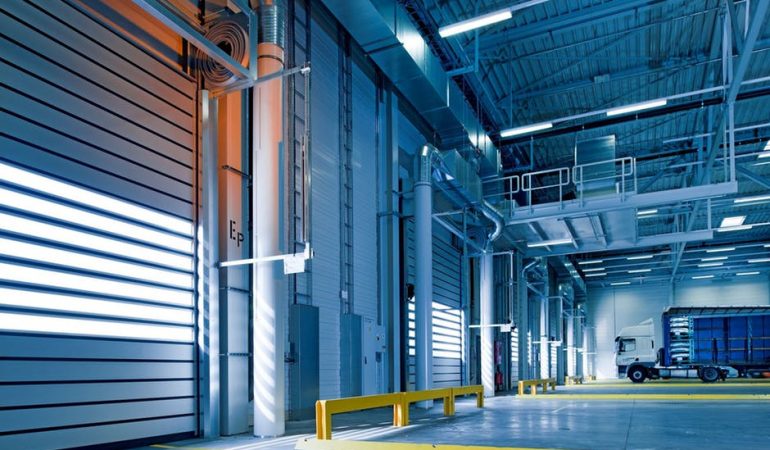Starting a haulage business? Here’s what you need to know
There is a definite appeal to starting a business in haulage. For a start, as pointed out on Startup Jungle‘s site, there is always work; there are always items that need shipping, whatever the time of year. Those can include goods, equipment, raw materials and merchandise.
However, there are many things you need to think carefully about if you want your haulage business to not only get off the ground, but also soar. You can find some general advice on how to get a business to thrive at https://bertmartinez.com/the-help-your-business-needs-to-thrive/ which will no doubt be useful, but we are going to hone in on haulage businesses in particular.
You need to start building a knowledge base and get yourself acquainted with running a business so you can expand your client base from the get go. So, before you technically form the business, consider…
Your experience of the industry
While it is commonplace for people to start haulage firms despite lacking experience of the industry, this is not a recommended practice. Indeed, your success in the transportation sector can depend more heavily on relevant industry experience than in other sectors.
For this reason, Fantastic Man Magazine advises first “gaining valuable industry knowledge”. Working for current hauliers can give you an insight into the sector, including recent developments.
The extent of your financial resources
Don’t be misled by websites claiming that haulage firms can be started on a shoestring or from your home. Starting a business is actually a much more expensive endeavour…
You would, for example, need to pay for not only staff, but also vehicles – like trucks and vans. Insuring all of those vehicles could be among your firm’s largest expenses, though you can make a significant saving with fleet insurance, where multiple vehicles can be covered under a single policy.
The transport you would use
This is likely going to be decided by monetary concerns; after all, you need to keep your operating expenses low when your business is still small. It won’t be until after gathering sufficient revenue that expanding the business by spending on more vehicles can seem a wise strategy.
Therefore, don’t be afraid to start out with only one or two trucks. You could always handle surprisingly large workloads by subcontracting work, a subject to which we will later return. Within these trucks, it might be worth using some fleet management solutions from Lytx, for example. They could help fleet managers to track each vehicle and report on fuel usage. That sort of thing could really help businesses that are just starting out, so it might be worth reading this resource here.
What you would like to transport
Though you have the option of accepting almost anything to transport, you might instead favour a more specialist approach. Carrying parcels, livestock or waste can be especially lucrative.
Certain types of cargo might require particular vehicles; transporting livestock, for example, will call for cattle trucks. There can also be insurance implications with what you will be transporting; however, a broker like the United Kingdom’s Call Wiser can account for this when comparing quotes.

The setting of your corporate base
This is a crucial point of consideration as you need a fitting location for not only your office, but also warehouse facilities – where customers’ goods can be stored – and your vehicles at times they are unused. For on-site vehicle servicing and maintenance, workshop facilities would also be needed.
The site would also need to be accessible for those vehicles. You shouldn’t move to a hectic industrial estate with parked vehicles around which large trucks would need to be manoeuvred.
Whether you will own or subcontract drivers
You might initially aim to directly employ drivers, as this would give you complete control over their operations. However, as you would need to pay for those employees’ expenses and equipment, this approach can incur higher start-up and operating costs compared to subcontracting…
Entrepreneur explains that you can employ independent drivers on an “ad hoc” basis. Those drivers will be contractors with likely their own equipment. Nonetheless, for each job, such a driver will charge a fee that could cut into your profits more heavily than might be the case with a privately “owned” driver. Using both owned and subcontracted drivers might work well for you initially.




